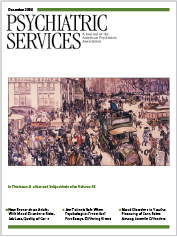Wake Up, Sir!
In a list of this book's positive attributes, the fact that it is a quick read would stand apart from all others.
It is an improbable tale. A young, alcoholic novelist cast adrift by a father figure receives an injury settlement and purchases the services of a valet. Thus fortified, he proceeds to leave another uncomfortable living situation and seek some measure of independence. Although intellectually intact, he is emotionally immature and bereft of common sense. Throughout the tale he casts quasi-psychological observations and explanations about, all the while admitting his superficial familiarity with whatever topic he is discussing. However, he does no harm to a field that in some ways depends on every person's belief that he or she is psychologically minded.
The story certainly has humorous moments—most bordering on the banal. Generally there is a forced quality to the humor, reminding me of a rapid-fire vaudeville monologue. All the while the protagonist's valet generally functions as his foil, although occasionally he imbues him with some substance. One gets the eerie feeling that the valet is in fact an alcoholic hallucination functioning as a weak alter ego.
The meat of the story is the novelist's effort to pen a memoir about the father figure and his apparent writer's block in doing so. Clearly his tale, as outlined, would be an unflattering representation of this man. His inability to focus on the task at hand perhaps reflects conflicting feelings about this man and his inability to reconcile them.
Well, enough psychobabble in response to this tale. I'm in danger of emulating the author's rhetorical contrivances. One can't help but wonder what a trial of acamprosate, naltrexone, disulfiram, or even topiramate might do for the arch protagonist.
Dr. Lawlor is affiliated with the department of psychiatry at the University of Connecticut Health Center in Farmington.



